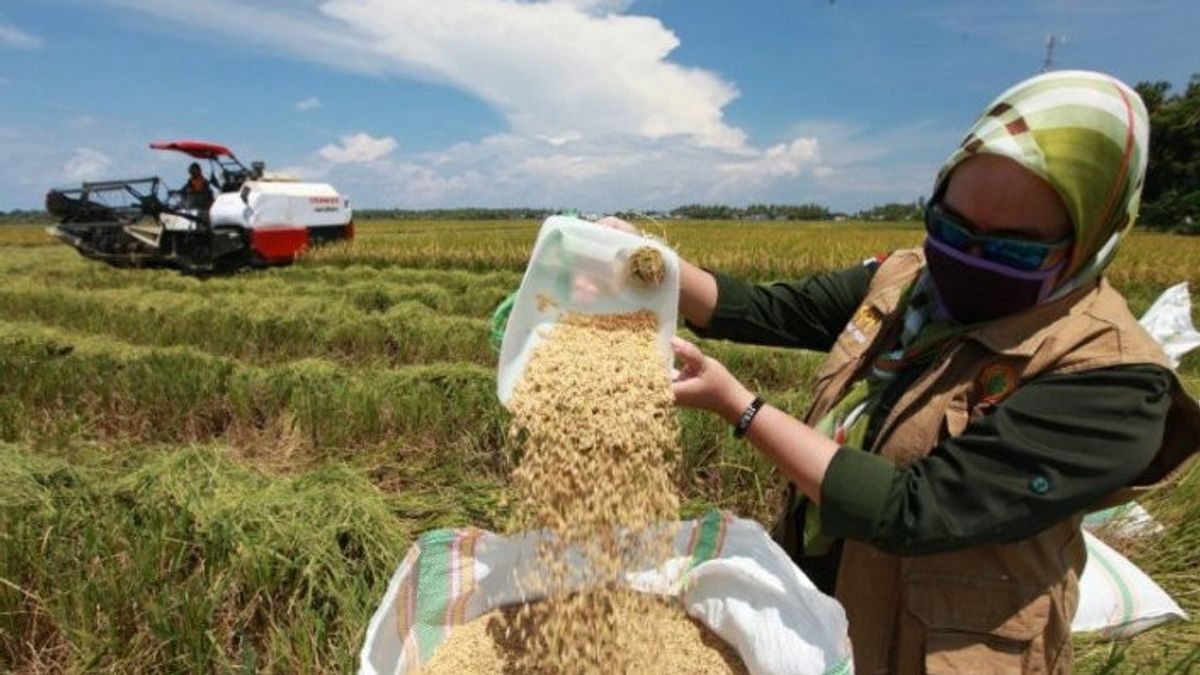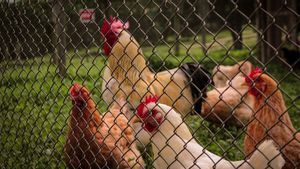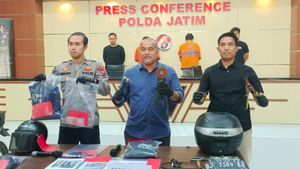JAKARTA - Center for Indonesian Policy Studies (CIPS) researcher Mukhammad Faisol Amir reminded that hot weather in Indonesia has the potential to threaten food security and the agricultural sector.
The reason is, one of the impacts of changes due to the increase in geothermal temperatures that farmers can feel directly, namely the reduction in water supply and the threat of drought. In fact, adequate and well-supported water sources are very decisive for agricultural production.
"Water availability is very important for agricultural products and ensures the safety of our food supply. Therefore, water must have sufficient quality and quantity," said Faisol in an official statement, quoted from Antara, Monday, May 1.
He said the agricultural sector absorbs about 70 percent of all freshwater resources, making it the cause and at the same time a victim of water scarcity. This level of consumption, if not controlled, will damage the ecosystem and spend water supplies for other uses.
Indonesia's main irrigation infrastructure consists of government-run dams that provide irrigation, raw water for industry and housing, as well as electricity. The government builds and cares for waterways which are part of the primary and secondary irrigation systems.
Some study results reveal that the impact of climate change on the agricultural sector that does not adapt will increase water demand by up to 40 percent.
In addition, in the coming decades, water scarcity could affect two-thirds of the world's population, exacerbating the world's ecosystem.
Consequently, there will be an increase in rainfall in the medium climate zone, the variability of rainfall distribution, the frequency of extreme events, and causing higher temperatures.
Although Indonesia has extraordinary potential for renewable water resources, Faisol assesses that water supply and demand is often unbalanced.
Thus, the management of water use and innovative agricultural systems are the two most important ways to overcome water scarcity challenges.
Applying rules that maintain and preserve water resources is one way to achieve this goal. Effective irrigation methods can also be applied to save waste and increase agricultural products.
"There are many best practices of regional agricultural systems in Indonesia that can be adapted in other areas, ranging from irrigation governance with environmental service payment schemes, to the use of more resistant seeds on dry land," he also said.
The English, Chinese, Japanese, Arabic, and French versions are automatically generated by the AI. So there may still be inaccuracies in translating, please always see Indonesian as our main language. (system supported by DigitalSiber.id)













